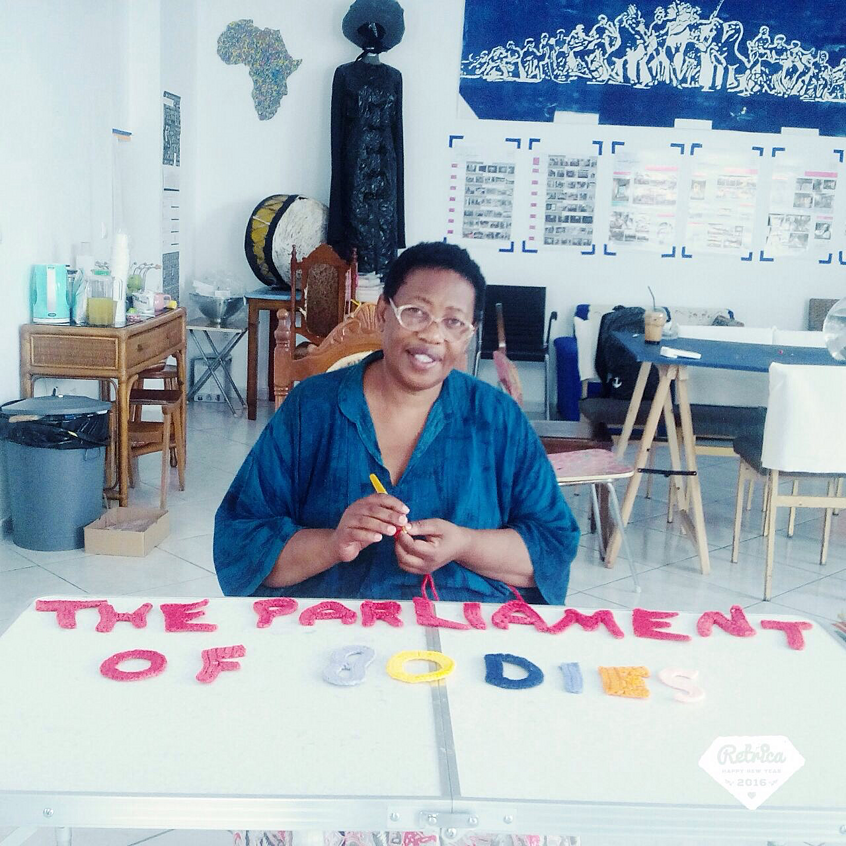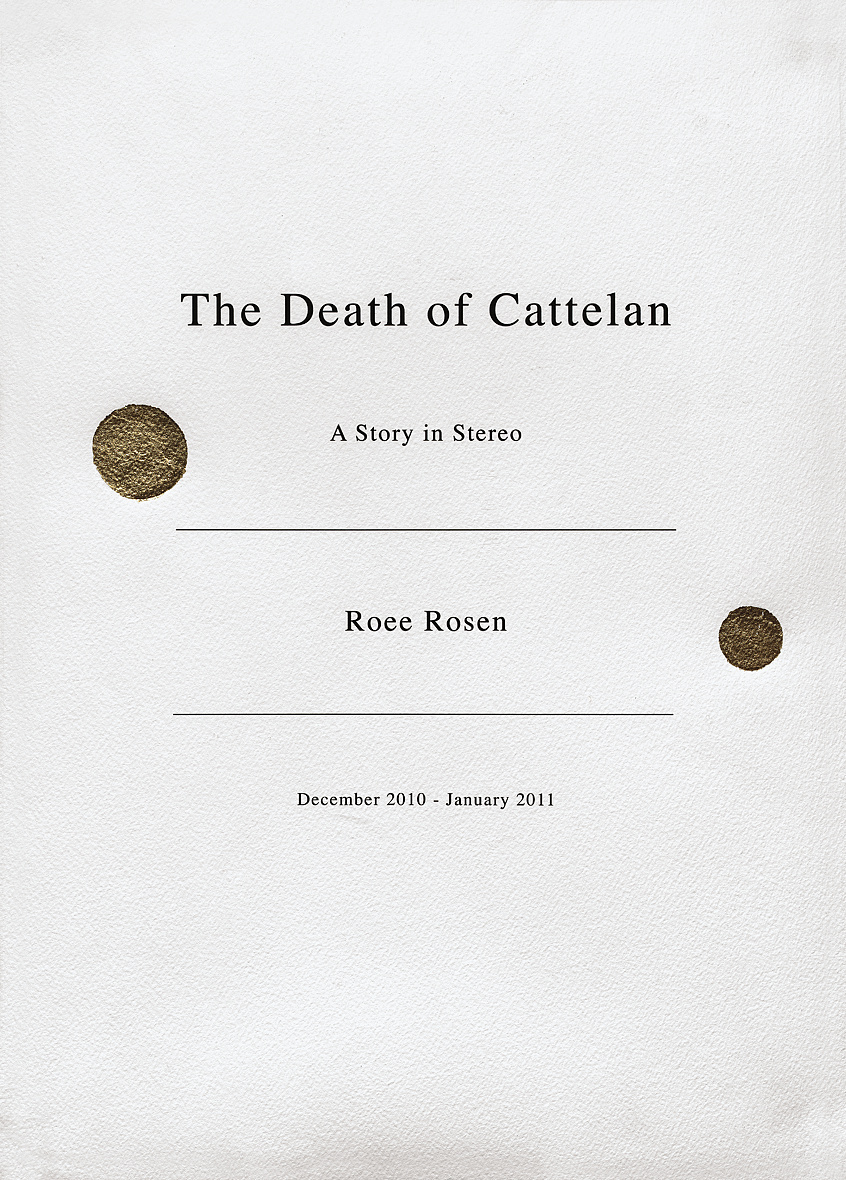
Roee Rosen, The Dust Channel, 2016, film still
Roee Rosen and Marcel Schwierin (Edith-Russ-Haus for Media Art) present an evening dedicated to the premiere of Rosen’s new film The Dust Channel, the launch of his new book Live and Die as Eva Braun and Other Intimate Stories, and a screening of Hilarious.
Rosen’s new film The Dust Channel (2016, 23 min) is an operetta with a Russian libretto set in the domestic environment of a bourgeois Israeli family, whose fear of dirt, dust, or any alien presence in their home takes the shape of a perverted devotion to home-cleaning appliances. Rosen associates dust figuratively with sand. The desert obliquely points to specific and current forms of xenophobia.
Live and Die as Eva Braun and Other Intimate Stories is a book published by the Edith-Russ-Haus and Sternberg Press that consists of scripts, short writings, and a conversation of with Roee Rosen. At the heart of this collection are three provocative texts extracted from important artworks by Rosen, offered here as genre-defying literature, at the intersection between reality and fiction, speculative narrative and historical and political critique, humor and eroticism.
Hilarious (2010, 21 min), whose script is published in the book in its entirety, aims to examine the possibility of dysfunctional humor and laughter stirred when there is no reason to laugh. The stand-up performance of a female comedian copes in particular peculiar ways with disturbing, sometimes forbidden topics. Her performance not only offsets these structures through their failure, but also offers a different manifestation of these topics, which are exposed without the guise of laughter.
Roee Rosen—painter, novelist, and filmmaker—is an astute critical voice in Israel. While his work deals primarily with the representation of desire and structural violence, Rosen, born in 1963, has created an artistic universe that treacherously undermines the normative implications of identities and identifications through fictionalization, irony, and revision. In untold variations, he typically links current Israeli and world politics with mythical and political references to European and Jewish history. Using a vast array of fictional characters and iconographic motifs and codes, Rosen frequently refers to, and transforms, not only the canon of the historical avant-garde and transgressive traditions from the Marquis de Sade to Georges Bataille, but also popular media, political propaganda, and classic children’s fairy tales.
Marcel Schwierin is a curator, filmmaker, and also a co-founder of the Werkleitz Biennial, the experimental film database cinovid, and the Arab Shorts festival in Cairo. His films include The Images (experimental, 1994) and Eternal Beauty (documentary, 2003). He has regularly curated for the Werkleitz Biennials, Goethe Institut, International Short Film Festival Oberhausen, and others. From 2010-2015 he was Curator of Film & Video of transmediale. Since 2015 he is has been the director (together with Edit Molnár) of the Edith-Russ-Haus for Media Art in Oldenburg.




